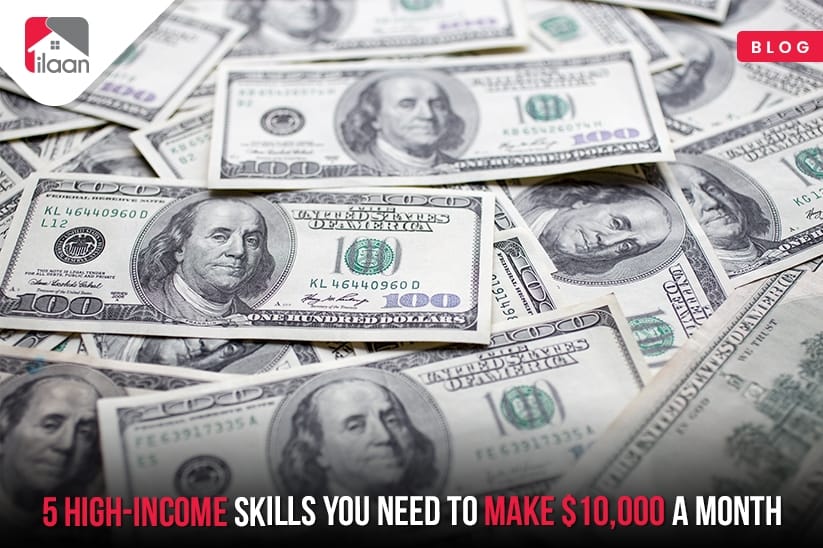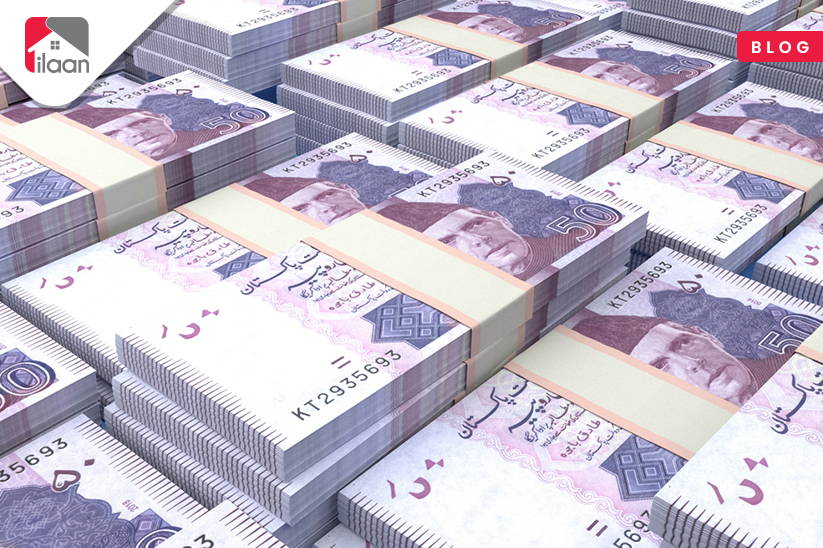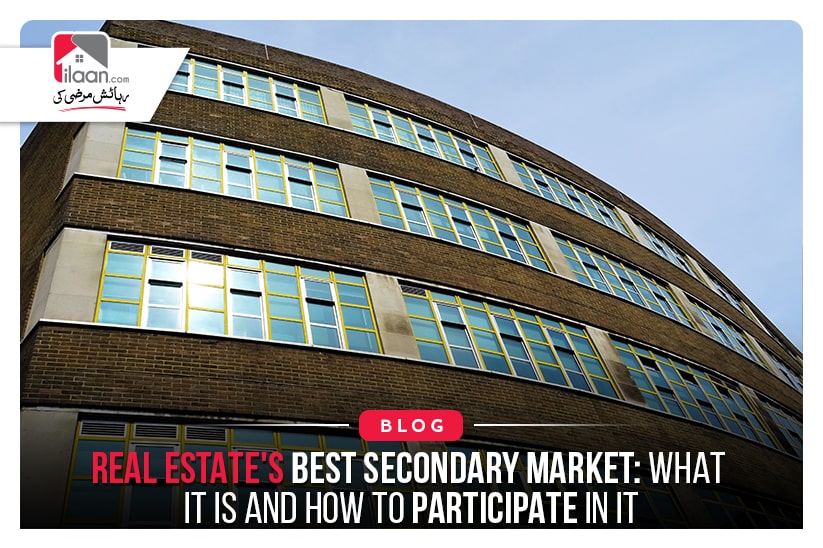The resale of established homes and existing properties is referred to as the secondary market in real estate. This article will define a secondary market in real estate and outline the advantages of participating.
The resale of established homes and existing properties is referred to as the secondary market in real estate. This article will define a secondary market in real estate and outline the advantages of participating.
What does Real Estate Secondary Market mean?
Real estate's secondary market is where individuals or companies can buy or sell homes that are no longer part of the primary sales stream, including resale or repossessed homes. Both residential and business properties are included. Real estate transactions may be expensive, time-consuming, and hazardous.
Property that has already been advertised and sold on the primary market can be purchased or sold on the secondary market. You can discover them online, at auctions, or by working with specialised agents who simplify real estate transactions.
Even while sellers may provide financing options, purchasers should be aware of any fees associated with early payment.
What Makes Investing In The Secondary Real Estate Market A Better Choice?
In the past, the main market was the only choice available to those looking to buy or sell a home. Nevertheless, there has been an increase in demand in recent years for a second location where people can go to buy properties as assets rather than living spaces.
Some of the elements that could have an impact on a buyer's decision to purchase long-term investment properties in a secondary real estate market are included below.
1. Less Competition
Since the public view favours primary markets, a sizeable majority of buyers always choose real estate in this market.
As a result of the low level of competition, a secondary market becomes a more viable option for a new investor.
2. Affordability
One of the key elements that influences your decision to invest in a particular niche is affordability. The majority of the time, secondary property turns out to be a more sensible choice when investing in real estate.
In contrast to the primary market, you can buy a house with a down payment of just 5% or less.
3. Transparency
Minimal rivalry Despite the widespread belief that primary markets are preferable, a sizable portion of buyers always select real estate in secondary markets. The lack of competition has made a second-hand market a more practical option for a novice investor.
It is a result of the fair values of the attributes, which help to produce significant returns.
4. Similar stability throughout the crisis
Since it has been noted that secondary real estate markets are often more stable during recessions, long-term investors are drawn to these sectors.
Essentially, these features make buying in the secondary market worthwhile, particularly if you're just getting started and don't have a sizable budget for a new house.
Pros & Cons of Real Estate Secondary Market
Advantages of Real Estate Secondary Market:
- The cost is lower than what the developer is charging, which is the primary advantage of buying second-hand. For instance, a house worth $1 million could be purchased for $600,000 on the secondary market.
- The ability to bargain with the seller more easily than you can with a developer is another possible advantage of buying from the secondary market.
- You can spend less money by purchasing a home on the secondary market. One benefit is that you can purchase a property with high growth potential for a reasonable price rather than paying a large sum of money for a starter home.
- The best thing about this kind of real estate acquisition is that it may happen almost instantly, with little waiting around for contracts or inspections.
Disadvantages of Real Estate Secondary Market:
- Overzealous agents and their clients who wish to take advantage of potential investors provide a significant risk of fraud.
- These properties won't have a guarantee to address any flaws; they will be sold "as is."
- Since the banks that own these properties frequently neglect to maintain them, the quality of the residences in this category won't likely satisfy your criteria.
- Homes in secondary markets could require significant renovations or repairs.
CONCLUSION
In conclusion, a beginner can start investing in the real estate secondary market with great success. Adding items to an inventory also helps. Second-hand structures can come with some risks, though. So, before making any investment, it is best to assess the benefits and drawbacks of the secondary market.
With an online connection, you can research in-depth descriptions of houses from any location and feel secure about choosing a purchase that satisfies your demands and financial restrictions.
Recent Blog

5 High-Income Skills You Need to Make $10,000...
25 Apr 2025

Solar Panel Installation Guide for 2025
19 Apr 2025

How to Get Fresh Currency Notes for Eid-ul-F...
29 Mar 2025

Why Invest in DHA Phase 9 Prism? Vanguard Pro...
24 Mar 2025





